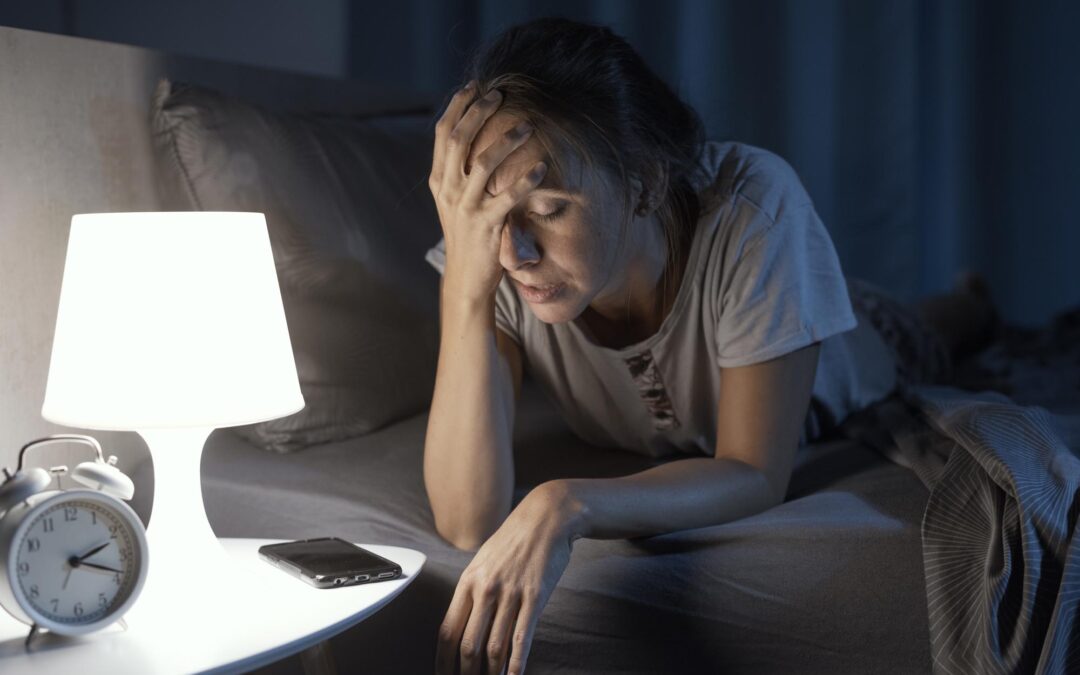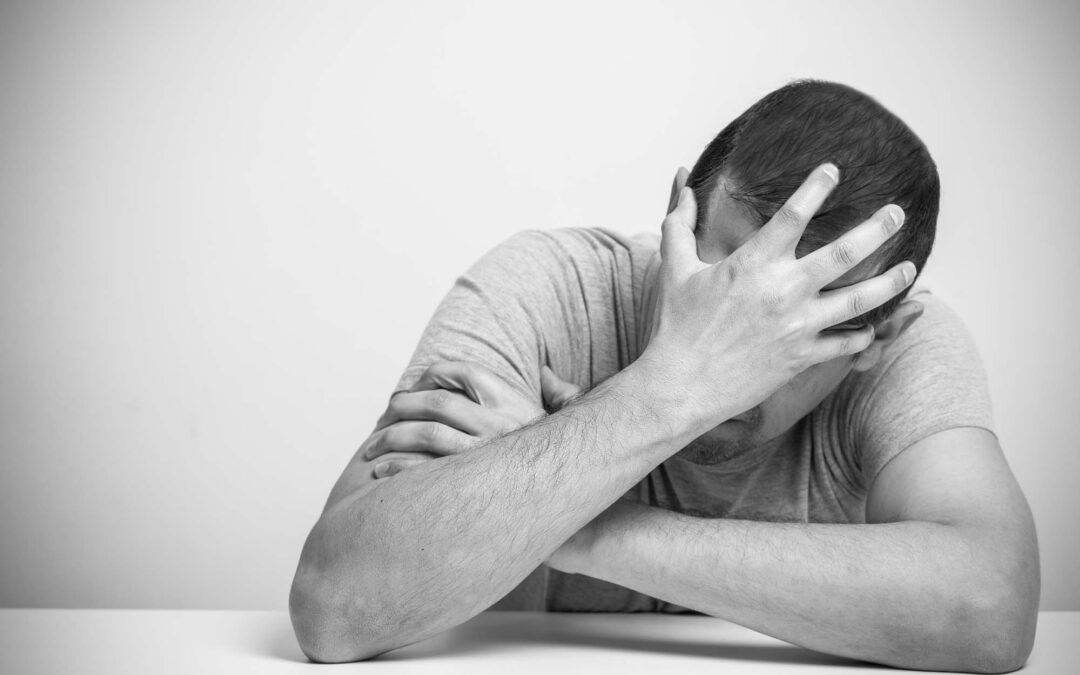Understanding Xanax and Its Role in Managing Anxiety
Xanax, known generically as alprazolam, is a medication classified under benzodiazepines. These are a group of medicines primarily used to address anxiety disorders by exerting a calming effect on the brain and nerves. Benzodiazepines like Xanax function by enhancing the effects of a natural chemical in the body (GABA), which results in its sedative properties.
For individuals dealing with anxiety and panic disorders, Xanax serves as a common prescription due to its rapid onset of action. It provides relief from acute anxiety symptoms, making it a popular choice for immediate symptom management. The medication is also utilized for:
- Panic attacks
- Insomnia
- Short-term treatment for anxiety linked to depression
While Xanax can be effective, it is crucial to approach its use with caution, especially during sobriety. Questions like “Can I take Xanax while sober?” are frequent, reflecting concerns about its suitability and safety during recovery. Understanding how this drug operates within the central nervous system helps underscore why careful consideration is necessary before integrating it into any treatment plan.
The Risks of Using Xanax in Sobriety
Xanax, a well-known benzodiazepine, poses significant risks for those in sobriety. Its high potential for misuse and addiction makes it particularly challenging for individuals with a history of substance use disorders. For those who have struggled with addiction, the calming effects of Xanax can be enticing yet dangerous.
Risk factors that increase dependence on Xanax
Several risk factors increase the likelihood of developing dependence on Xanax:
- Pre-existing addiction issues: Individuals with a history of substance abuse are more susceptible to benzodiazepine abuse.
- Psychological triggers: Anxiety and stress can drive someone towards misuse, seeking immediate relief.
- Genetic predisposition: Family history may contribute to an increased risk of addiction.
The dangers of mixing Xanax with alcohol
Mixing Xanax with alcohol amplifies these concerns. This combination can lead to severe consequences:
- Increased sedation: Heightened drowsiness and impaired motor skills.
- Respiratory distress: Potentially life-threatening breathing difficulties.
- Risk of overdose: The combined depressant effects multiply the risk significantly.
Navigating sobriety is challenging enough without the added complexity of managing benzodiazepine abuse. Understanding these risks, including the potential for prescription drug abuse, is crucial for maintaining a successful recovery journey.
Withdrawal Symptoms from Benzodiazepines
When considering the withdrawal symptoms associated with Xanax, it’s crucial to understand that they can be both physically and psychologically challenging. Common symptoms include:
- Anxiety
- Insomnia
- Irritability
- Panic attacks
- Muscle pain or stiffness
The acute phase of withdrawal typically occurs within the first few days after stopping Xanax, presenting intense symptoms that require careful management. As time progresses, individuals may experience a protracted phase, where symptoms linger for weeks or months, albeit often less severe. It’s important to note that the overall length of withdrawal can vary significantly from person to person.
Severity of withdrawal is often influenced by both the dosage and duration of use. Higher doses taken over extended periods tend to lead to more pronounced withdrawal experiences. This underscores the importance of a medically supervised tapering process to minimize risks and promote a safer recovery journey.
Understanding these phases and potential symptoms can prepare you for managing this challenging aspect of sobriety effectively. Engaging healthcare professionals during this process is essential, as they can offer guidance tailored to your specific needs, ensuring a safer path through withdrawal.
Alternatives to Xanax for Managing Anxiety in Sobriety
Exploring alternatives to Xanax during the recovery process opens doors to effective anxiety management without the risks associated with benzodiazepines.
Non-benzodiazepine Medications: Buspirone
Non-benzodiazepine medications like buspirone provide a viable option. Buspirone is designed to alleviate anxiety symptoms without causing sedation, making it a suitable choice for those in sobriety aiming to avoid potential addiction pitfalls. Unlike Xanax, buspirone does not act on the central nervous system in the same way, thereby reducing the risk of dependency.
Behavioral Therapies: Cognitive-Behavioral Therapy (CBT)
Behavioral therapies play a crucial role in addressing anxiety by focusing on altering thought patterns and behaviors that contribute to anxiety symptoms. Techniques such as cognitive-behavioral therapy (CBT) empower individuals to manage stressors proactively and develop healthier coping mechanisms. CBT has been widely recognized for its effectiveness in treating various anxiety disorders and is often considered a cornerstone of non-pharmacological treatment strategies.
Counseling Options: Professional Support
Incorporating counseling options offers additional support during sobriety. Engaging with professional counselors provides a safe space to explore underlying issues contributing to anxiety, facilitating personal growth and emotional healing. Counseling complements medication-free approaches by offering guidance tailored to individual experiences and needs.
These alternatives create a comprehensive framework for managing anxiety in sobriety. By integrating non-sedative medications with behavioral therapies and counseling, individuals can navigate their recovery journey with confidence and resilience. Embracing these methods supports long-term mental health stability while minimizing the reliance on medications like Xanax.
Understanding Anxiety in Sobriety: Coping Strategies Without Medication
Experiencing anxiety after getting sober is a common challenge many face during recovery. The absence of substances that once numbed emotions often leads to heightened feelings, with sobriety anxiety becoming a frequent companion. This shift can make the recovery process seem daunting, but understanding the psychological effects of sobriety on mental health is key.
Psychological Effects of Sobriety
- Increased awareness of underlying issues previously masked by substance use.
- Heightened emotional sensitivity and vulnerability.
- A sense of loss or grief over the lifestyle change.
These effects often elevate anxiety levels, sometimes making it difficult to manage without reverting to old habits. Yet, there are effective strategies to cope with anxiety and sobriety without relying on medication.
Practical Strategies for Coping
- Mindfulness TechniquesPractices like meditation and deep breathing exercises help center your thoughts and reduce stress.
- Regular mindfulness practices can lead to greater self-awareness and emotional regulation.
- Support NetworksEngaging with support groups provides a sense of community and shared experiences.
- Building relationships with others in recovery can offer encouragement and accountability.
- Physical ActivityExercise releases endorphins, helping to naturally reduce anxiety levels.
- Activities such as yoga or walking can be particularly beneficial for calming the mind.
- Structured RoutineEstablishing a daily routine helps create stability and predictability, which can alleviate anxiety.
- Prioritizing healthy sleep patterns supports overall mental health.
Exploring these strategies fosters resilience and paves the way for managing anxiety in sobriety effectively, empowering you to navigate this journey with confidence. Additionally, gaining a deeper understanding of addiction itself can provide valuable insights into your recovery process, helping you address not only the anxiety but also the root causes of your substance use.
Seeking Help and Treatment Options for Benzodiazepine Use Disorder
Addressing benzodiazepine use disorder requires a strategic approach, particularly for those in recovery. Consulting healthcare professionals about medication management is crucial. They offer personalized guidance, helping you navigate the complexities of treatment for benzodiazepine use disorder while considering your sobriety goals.
Several resources are available to support your journey:
- Support Groups: Engaging with others who have faced similar challenges can provide encouragement and shared experiences. Groups like Narcotics Anonymous or specialized benzodiazepine recovery groups offer a community of understanding.
- Therapeutic Interventions: Cognitive-behavioral therapy (CBT) and other psychotherapy methods can address underlying issues contributing to benzodiazepine misuse. These therapies often equip you with coping mechanisms that do not involve medication.
Exploring these options can lead to more sustainable recovery outcomes and promote wellness without relying on substances that could jeopardize your sobriety.
Making Informed Choices About Medication in Recovery
Navigating the path of sobriety can be challenging, especially when anxiety is part of your journey. Seeking professional help is crucial if you’re struggling with anxiety or substance use issues. Consulting with healthcare experts ensures that you receive guidance tailored to your needs.
Making informed choices about medication, such as considering the role of Klonopin in sobriety, is vital for sustainable recovery. At West LA Recovery, we emphasize understanding all options available, empowering you to make decisions that support your health and long-term sobriety goals.
If you have any questions or need further assistance, don’t hesitate to contact us. We also provide a wealth of resources to aid in your recovery journey, which you can explore here. To learn more about our approach and what we offer, visit our about page.







